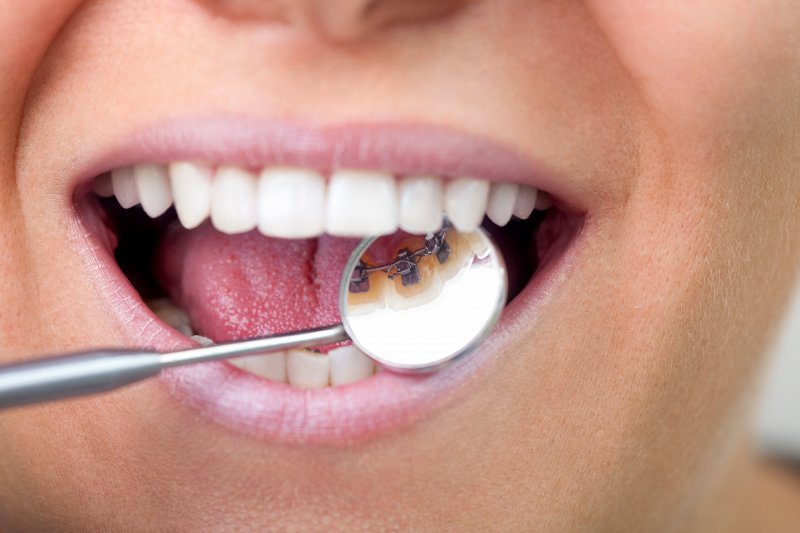
There are a variety of reasons why one may want to undergo orthodontic treatment. Misaligned teeth can lead to a variety of oral health issues. In addition to that, having crooked teeth can take a toll on one’s self-esteem, making it difficult to feel confident while smiling. Many older teens and adults put off orthodontic treatment because they don’t like the appearance of metal brackets and wires on their teeth. Fortunately, there is a more discreet option available to help you achieve a straighter smile: lingual braces. Here are some things that you should know about them.
Lingual Braces Are Discreet
Unlike traditional braces, lingual braces are placed on the back of your teeth. This makes them pretty much invisible from the front, allowing you to achieve a straighter smile without taking away from your appearance in the meantime. This is a great advantage for teens and adults who are self-conscious about how traditional braces look.
Suitable Option for the Majority of Patients
Most patients make a good candidate for lingual braces, including those who have crowded teeth, overbites, underbites, crossbites, and gaps. However, they aren’t usually recommended for patients with severe misalignment or significant bite issues. In these cases, traditional braces are usually the best solution.
Lingual Braces Require an Adjustment Period
If you or someone you’re close to has had braces, you know that it can take some time to adjust to them. This is the care for lingual braces as well. Since the brackets are placed on the back of the teeth, irritation and discomfort are common at first. Some patients also find pronouncing certain words and making certain sounds challenging. Fortunately, this is usually temporary and will subside as your tongue and surrounding tissues adjust to your lingual braces. If you have lasting discomfort, let your orthodontist know so they can help.
Lingual Braces Require Special Training
To offer lingual braces, orthodontists must undergo special training to learn how to place and adjust the braces effectively. Because of this, lingual braces are not an option in many orthodontic offices. You must find a specialist who is experienced in this area of orthodontics.
Lingual Braces Need Special Care
Just like when you have traditional braces, it’s important to take special care of the hardware in your mouth. With lingual braces, it can be slightly more difficult to prevent food from getting stuck. It is also more difficult to see debris in the teeth. It is beneficial to invest in a small dental mirror so you can check your braces after brushing and flossing to see if you missed anything. Water flossers are another great tool to use for extra freshness.
For those who don’t want to go down the traditional orthodontics route, lingual braces make an excellent alternative. Now you can straighten your smile while feeling confident showing off your teeth!
About the Author
Dr. William Holland is a fourth-generation dentist serving the Jacksonville community. He earned his dental doctorate from the University of Florida College of Dentistry, graduating Magna Cum Laude. He was then selected to pursue a unique, five-year dual specialty residency in Prosthodontics and Orthodontics at the same school. Currently, he is a proud member of the American Dental Association, Florida Dental Association, American Association of Orthodontics, and Florida Association of Orthodontists. To learn more about lingual braces or to schedule a consultation, visit his website or call (904) 388-4600.
